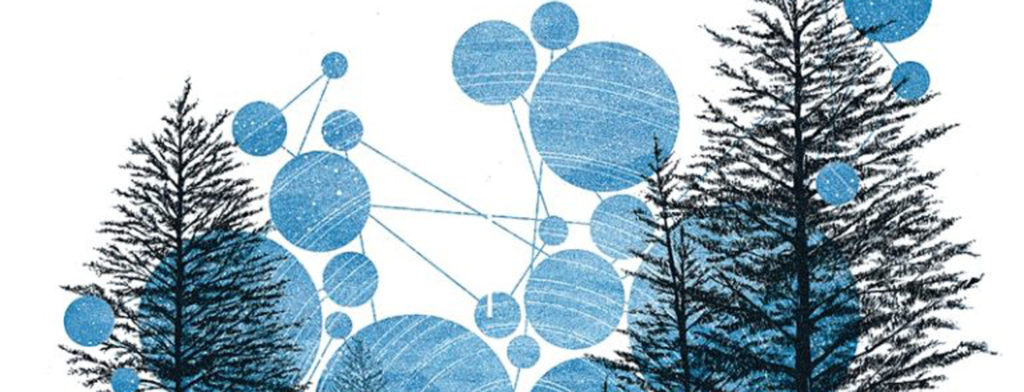Probable Meets Possible: Not Business as Usual

Description
Probable Meets Possible is a new series that asks University scientists in bio-based fields to talk about probable challenges we face and possible advances that could have a profound impact on the future.
Humans impact the planet at every scale from the composition of microbes in our soil to the function (or dysfunction) of entire ecosystems. Some suggest the current geological era should be called the Anthropocene in recognition of the outsized role we play in shaping the world around us. Our ability to understand how things work and, potentially, how to make them work for us to address pressing issues has never been greater. Given the rapid pace of discovery, what would it look like if we could time travel into the not-too-distant future. Eight investigators talk about the probable challenges we face and the possible developments that could shape the future in profound ways.
The third in a series of conversations with University scientists about how biological discoveries happening now may impact the future.
Special guests: Jessica Hellmann and David Bengston
Online dialogue, free; online link will be sent with Eventbrite registration
Imagine a world in which sustainable products and socially-conscious investing were the norm. Emerging technologies are making it possible to track environmental responsibility in real-time and manufacture next-generation renewable materials. Jessica Hellmann and David Bengston are at the vanguard of these developments and will share their insights.
Socially-conscious investors are driving a transformation in the environmental responsibility of corporations, but they’re just a small portion of the financial market.
Dr. Jessica Hellmann, director of the Institute on the Environment, sees a sea-change coming with the advent of remote sensing and the ready availability of independent and verifiable data to track environmental responsibility in real-time and report that information to investors. Dr. David Bengston, an environmental futurist with the Strategic Foresight Group of the Northern Research Station, USDA Forest Service, sees a forest-based bioeconomy on the horizon as new technologies enable production of high-tech, wood-based materials that could replace many nonrenewable and carbon-intensive materials. He will explore how a new “age of wood” may be dawning in which an ancient and renewable material takes center stage.
Moderated by the Bell Museum’s Holly Menninger.
Organized by the College of Biological Sciences and the Bell Museum.